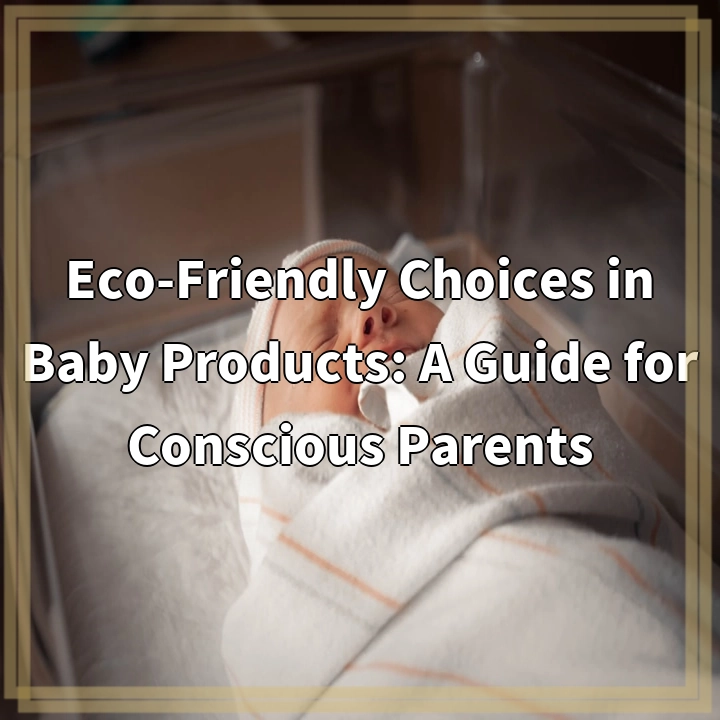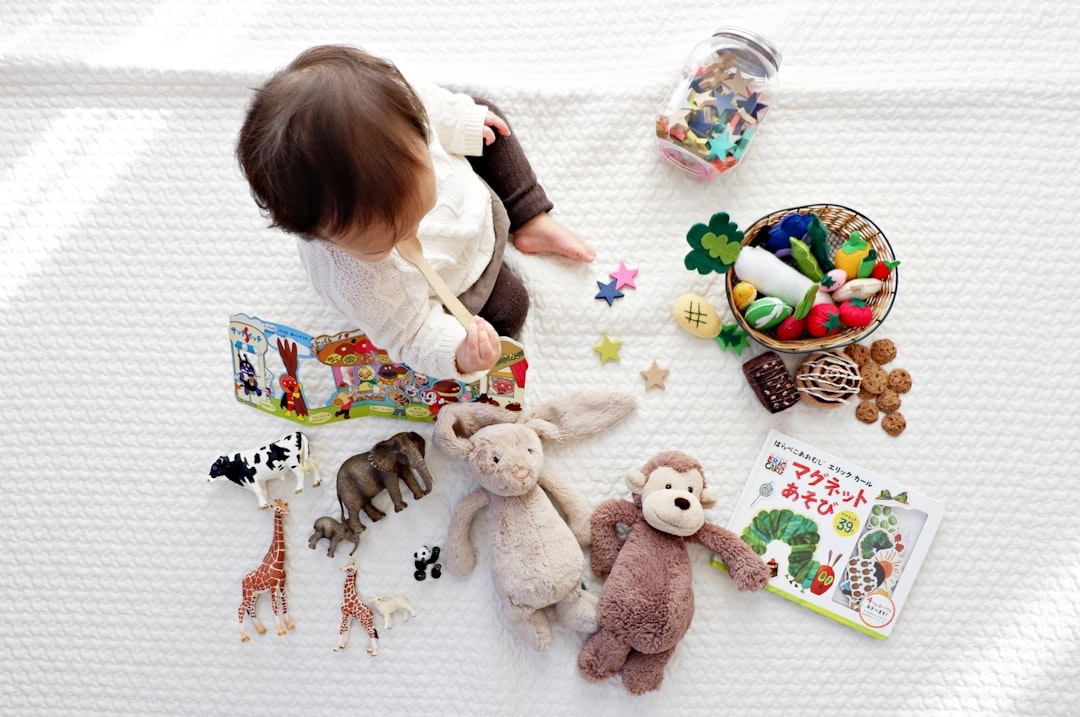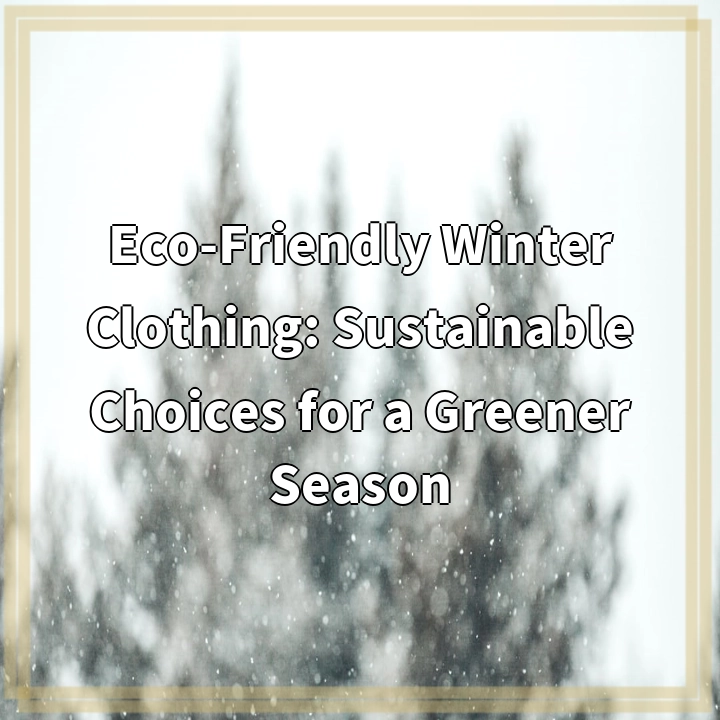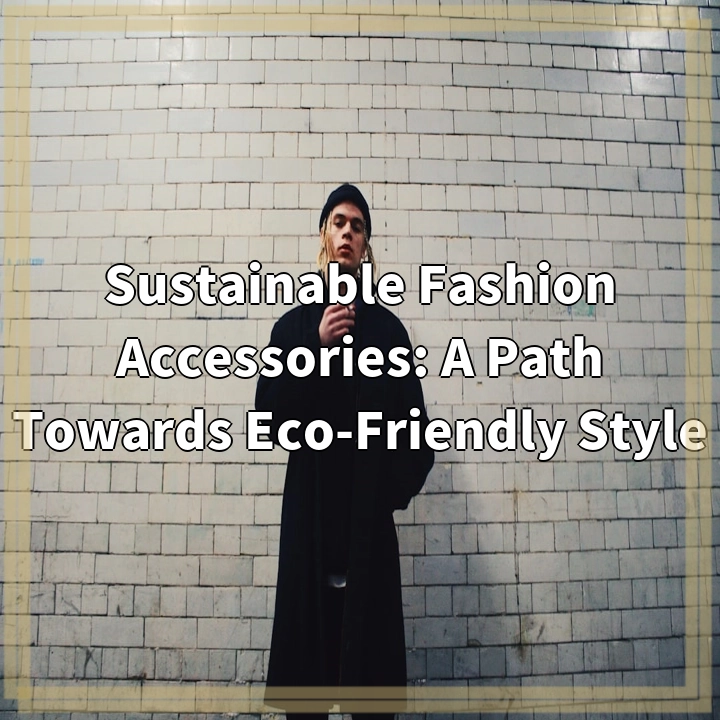
What it is:
Eco-friendly choices in baby products refer to the selection of items that are designed with sustainability in mind, ensuring they are safe for both infants and the environment. These products typically use natural materials, non-toxic ingredients, and processes that reduce waste and carbon footprint. Examples include organic cotton diapers, biodegradable wipes, glass baby bottles, and toys made from sustainable materials. As conscious parenting grows in popularity, many parents are seeking out eco-friendly options that align with their values of health, sustainability, and safety.
Real-World Problems
The rise in consumer demand for baby products has come with several real-world challenges. One major issue is the prevalence of harmful chemicals and substances in conventional baby products. Many plastics contain BPA and phthalates, which can disrupt hormonal systems and pose risks to babies’ health. This concerns parents who are increasingly aware of the long-term effects chemical exposure can have on their children.
Environmental Impact
Another significant problem is the environmental impact of traditional baby products. Single-use items like diapers and wipes contribute significantly to landfill waste, taking hundreds of years to decompose. The production processes for conventional baby products often involve toxic chemicals, excessive water use, and high carbon emissions, all of which strain our planet’s resources and ecosystems.
Accessibility and Affordability
While the eco-friendly market is growing, many parents still find that these products can be more expensive or less accessible than their conventional counterparts. This creates a barrier for families who want to make environmentally conscious choices but may be constrained by budgetary concerns. As a result, not all parents have equal access to sustainable options, perpetuating disparities in health and environmental consciousness.
Greenwashing
Additionally, consumers often encounter greenwashing, where companies falsely promote their products as “eco-friendly” without substantial evidence or commitment to sustainability. This can lead to confusion among parents trying to make informed choices for their children. Identifying genuinely sustainable products requires careful research and awareness of certifications and credible sourcing.
Lack of Information
Finally, there’s a general lack of information that can guide parents in selecting safe and eco-friendly baby products. With so many options on the market, it can be overwhelming for parents to discern which products are truly beneficial for both their child’s health and the environment. As such, resources and educational materials on eco-friendly parenting are essential for making informed decisions.

Solutions for Eco-Friendly Choices in Baby Products
To address the challenges associated with eco-friendly choices in baby products, several thoughtful solutions can be implemented by parents, manufacturers, and policymakers. These solutions aim to promote safer, sustainable practices while making eco-conscious parenting more accessible to all.
1. Choose Certified Organic Products
One effective solution is to prioritize certified organic baby products. These items are more likely to be free from harmful chemicals and produced with sustainable practices. Look for product certifications that indicate transparency and adherence to organic standards, which can help ensure safety for your child and the environment.
2. Embrace Cloth Diapers and Reusable Products
Switching to cloth diapers and other reusable products can significantly reduce waste. Cloth diapers, when properly cared for, can save money over time, benefit the environment by cutting down landfill waste, and provide a chemical-free alternative for sensitive skin. Other reusable options like washable wipes and silicone baby food containers can contribute to a more sustainable lifestyle.
3. Support Brands Committed to Sustainability
Parents can make a difference by supporting brands that have shown a genuine commitment to sustainability. Research brands’ practices, including their sourcing of materials and ethical production methods, to ensure they align with eco-conscious values. By choosing these products, parents can encourage more companies to adopt environmentally friendly practices.
4. Educate Yourself and Others
Increasing your awareness of eco-friendly baby products can empower you to make informed decisions. Utilize online resources, blogs, and community forums to gather information about sustainable parenting. Sharing this knowledge with other parents helps create a community dedicated to eco-friendly choices.
5. Advocate for Transparency in Marketing
As a consumer, advocating for transparency in product labeling can help mitigate greenwashing. Encourage companies to provide clear information about the materials and processes used in their products. Support legislative efforts that require transparency and standards for eco-friendly claims to protect families and the environment.
6. Connect with Local Resources
Connect with local parenting groups, online communities, and eco-focused organizations that can offer guidance and recommendations for eco-friendly baby products. Collaborating with others can also help reduce costs through bulk purchasing or swaps, making sustainable choices more affordable.















